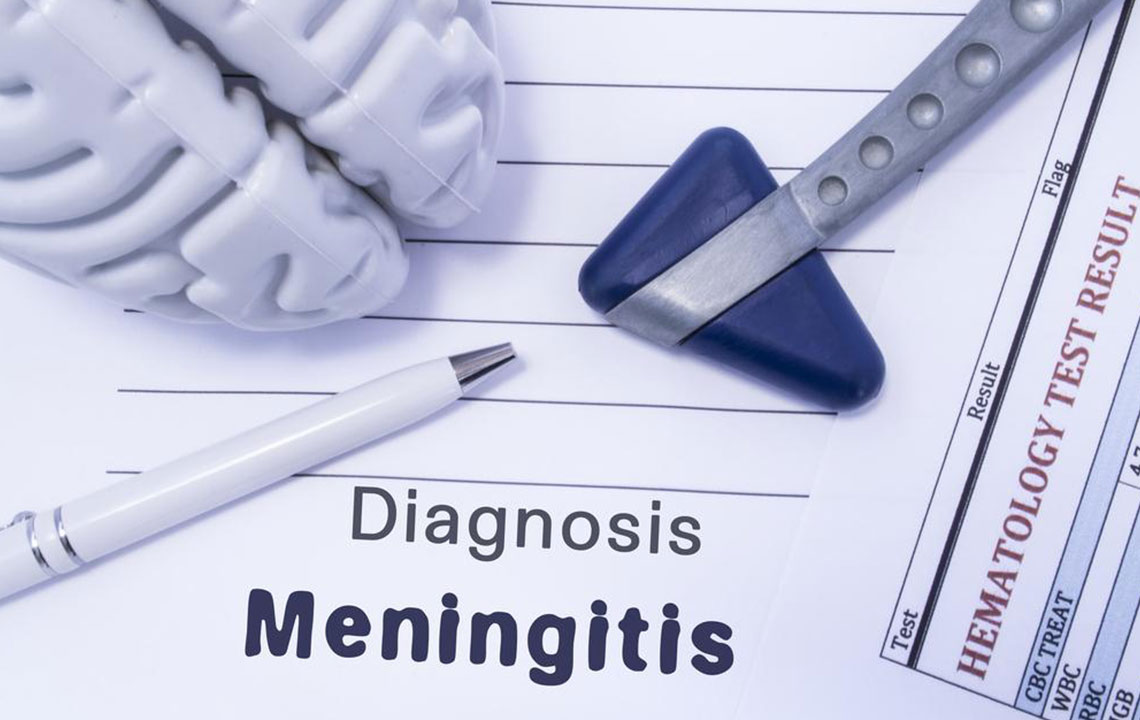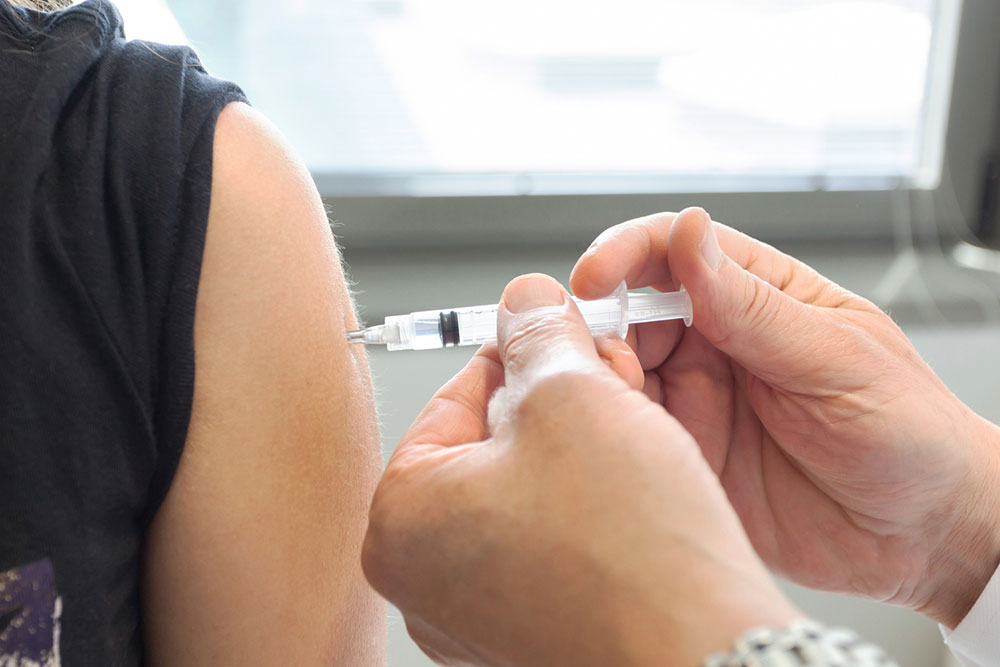Vaccine Strategies for Combating Meningitis
This article highlights the importance of vaccination in preventing meningitis, with insights into the effectiveness of conjugate vaccines across different age groups and regions. It covers vaccination strategies, resistant strains, and the specific vaccines available for various meningococcal serogroups, emphasizing the need for immunization in vulnerable populations worldwide.
Sponsored

Serious and potentially fatal, meningitis can cause significant health complications. Distinction is made between bacterial and viral forms, with bacterial meningitis being more severe. The widespread use of conjugate vaccines has significantly reduced cases in the US, decreasing from 1.9 to 1.5 per 100,000 people between 1998 and 2003, with a mortality rate of 15.6%. However, developing nations still experience higher rates.
In 2009, approximately 88,000 cases of meningococcal disease were reported across the African meningitis belt, resulting in nearly 5,000-5,500 deaths. Niger and Nigeria bore the highest burden, with about 3,000 deaths and 69,500 cases. From 2003 to 2007, serogroup A caused 87.8% of epidemics, with W135 accounting for 10%.
The deployment of conjugate vaccines in early childhood for diseases like H. influenzae and pneumococcus has effectively lowered bacterial meningitis rates across ages. Although overall pneumococcal meningitis cases have decreased, cases caused by non-vaccine serotypes have increased. Additionally, reports of strains resistant to cefotaxime and penicillin are rising. The latest conjugate vaccines against Neisseria meningitidis target serogroups A, C, W135, and Y but exclude serogroup B. Vaccination is recommended for individuals with immune deficiencies, travelers to endemic regions, and adolescents aged 11–18.
Patients with asplenia should receive vaccines against H. influenzae, pneumococcal infections, and meningitis. Hospitalized patients with uncertain meningitis etiology or confirmed N. meningitidis infection should observe droplet precautions during the initial 24 hours of treatment or until infection clearance.
Available meningitis vaccines
Vaccines are now accessible for all five main serogroups of N. meningitidis—A, B, C, W, and Y—that cause most cases of meningococcal disease. Other vaccines include Men B, Men C, Men ACWY, Hib, Pneumococcal conjugate (PCV), Pneumococcal polysaccharide (PPV), MMR, BCG, and travel-specific MenACWY. Consulting a healthcare provider before vaccination is always advised.






